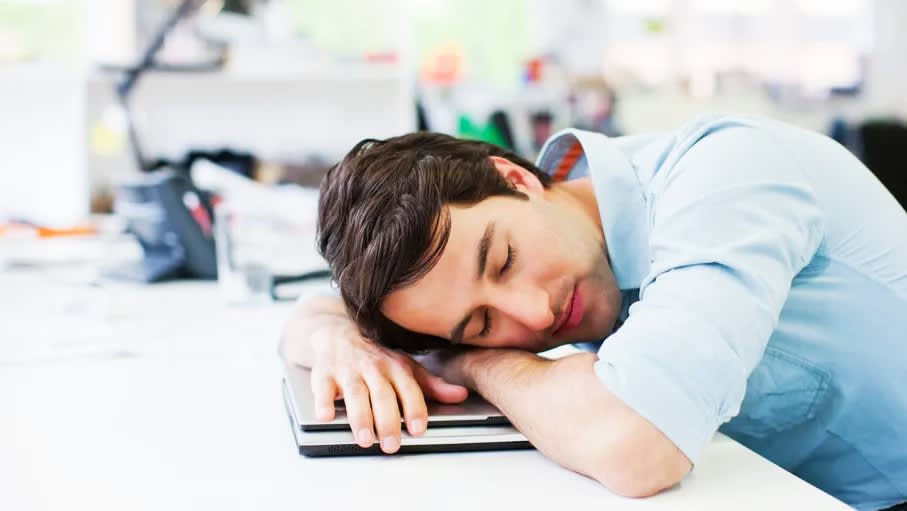Napping is considered a beneficial habit for overall health, as it has been proven to have many benefits, such as improving brain health as we age, boosting creativity, enhancing parenting skills, and promoting happiness in general.
However, to get the most out of napping, there are four rules to follow for achieving restful sleep and avoiding any negative effects.
The first rule is about "short naps":
Dr. Thomas Michael Kilkenny, director of the Sleep Medicine Institute at Northwell Staten Island University Hospital, suggests that naps lasting no more than 20 minutes between 1 and 3 pm are ideal for improving alertness and cognition.
On the other hand, he warns that naps exceeding this duration may lead to drowsiness, making the brain crave more sleep.
The second rule is about "choosing a comfortable place":
While the bed is the most comfortable place to sleep, some experts advise against returning to bed during a nap, as it may lead to excessive comfort that could be counterproductive.
Therefore, using a couch as an alternative may make sleep more effective due to less comfort.
The third rule focuses on "suitable environment":
Kilkenny points out that the room you nap in should be slightly cool and dim, as a drop in body temperature signals the start of the sleep process, so it's important for the room temperature to be appropriate.
Moreover, if the room is too bright, it may hinder your ability to fall asleep easily.
According to this rule, rooms with soft lighting and moderate temperature are the most ideal for napping.
Lastly, the fourth rule is "drinking a cup of coffee before napping":
Experts recommend having a cup of caffeine right before starting a nap.
Although coffee may initially make falling asleep difficult, caffeine takes about 30 minutes to take effect in the body.
Therefore, after 20 minutes of sleep, you will benefit from the caffeine's effects, making waking up more energetic and alert.
It's worth mentioning that a study conducted in 2010 found that drinking coffee right before napping can enhance the brain's ability to absorb caffeine. The study recommends consuming 200 milligrams of caffeine, which is approximately two cups of coffee, to boost brain activity.
On the other hand, experts suggest avoiding caffeine consumption at least six hours before bedtime to improve the quality of nighttime sleep.

